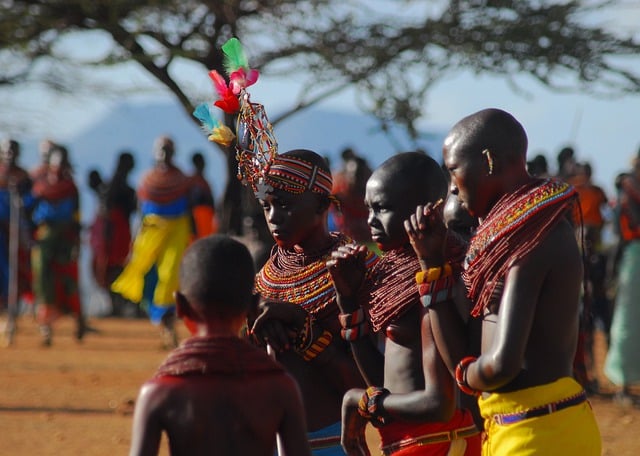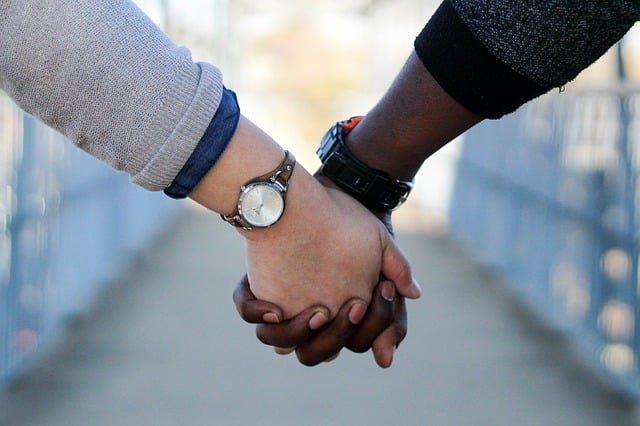
Exogamy promotes intergroup bonds
The notion of exogamy is used in the field of anthropology to refer to the pattern of marrying someone of different ancestry or who is not part of the same community or tribe . This means that exogamy does not allow the marriage bond between the members of the group.
Kinship systems
Exogamy, therefore, is a rule that establishes a kinship system : a group of words that describes relationships between relatives. The spouse, in this framework, must come from abroad . The opposite of exogamy is endogamy , where the norm dictates that marriage must take place within the clan .
These two concepts are presented as opposite poles in the rules of marriage since the research works of John F. MacLennan and Lewis H. Morgan . The latter underlines the importance of exogamy for our societies to develop on the basis of intergroup ties.
Exogamy and incest
Exogamy is usually associated with the act of prohibiting incest . However, there are anthropologists who clarify that the incest taboo applies to sexual relations and that exogamy refers specifically to marriage. On the other hand, exogamy prevents marriage between people who share a clan, even if they are not direct relatives.
The French anthropologist Claude Levi-Strauss , for his part, maintains that the prohibition of incest and exogamy are complementary. For other thinkers, there is an essential difference between both rules , since incest is prohibited and exogamy is a mandate to fulfill.
Prohibition and its reasons
Contemporary Western societies respect an exogamy that obeys direct kinship : it is not possible for a father to marry his daughter or for two brothers to marry, for example. In other cultures , however, exogamy refers to a tribe or a village and its violation carries different punishments.
But this prohibition is not arbitrary, but rather responds to scientific questions that have been instilled in us since childhood. For example, it is known that if procreation takes place between people in the same family, the offspring have an increased risk of suffering from hereditary physical disorders . In fact, it is thanks to the “mix”, so to speak, that new generations become more capable of surviving external threats, such as viruses.
At this point exogamy and incest meet once again: although they are two individual concepts, for a Western society they go hand in hand, since “no one in their right mind” would want to be in a relationship or procreate with a relative. In any case, the fact that incest leads to weak offspring supports the theory that early humans practiced exogamy , unlike what thinkers of the past used to claim.

Exogamy favors heterogeneous offspring
In the field of biology
For biology , finally, exogamy is the crossing that develops between specimens from a different population or race. This practice contributes to the heterogeneity of the offspring.
In many of today's societies it is common for interracial families to form, with people of different origins and genetic characteristics . In this way, a continuous mixing arises that provides the diversity that the closed part of the population finds so difficult to accept, but that does us so much good on a cultural level.
We could affirm that exogamy begins, in this case, as a biological phenomenon , more precisely in reproduction between two individuals from different environments, but then it is inevitably reflected in other aspects, from the social to the economic, passing through all the fields, such as art and science.
